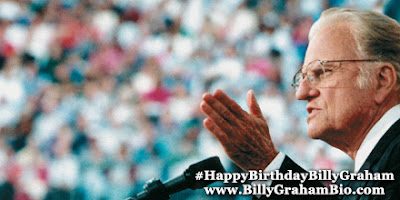9 Ways to Jumpstart Your Writing During the Holidays
You can almost feel the shift in the publishing world when the calendar gets close to the holidays like Thanksgiving, Christmas and New Year's Day. I'm receiving fewer emails. My phone calls and emails are not as quickly returned. The culture is shifting into holiday mode where activities outside of publishing fill our schedule and less is happening.
While the schedule for others fills with holiday activities, your writing does not have to go on hold. In fact, from my experience, the holidays are a perfect time to jumpstart your writing life. Here's nine action steps you can take during the holidays:
1. Increase Your Writing. Now is the time to lean into your novel or your nonfiction book and complete it. No book manuscript is created overnight. It takes day after day effort to write your story and finish the manuscript. Make a plan for your writing then stick with it.
2. Create A New Product or Book. Do you have a new product or book idea? Take this time to lean into it and create. I encourage you to download The 24–Hour Product Creation Cheat Sheet from Jimmy D. Brown. I have several of these types of projects which have been on hold because of other work. I've started scheduling regular time into my work day to begin to move these projects forward and get them into the marketplace.
3. Write A Book Proposal. Maybe you have several book ideas and the place for you to dig in during the holidays is creating a new book proposal. If you don't know how to create a proposal, take my Write A Book Proposal membership course or use my free Book Proposal Checklist or take my free proposal teleseminar. Then take action and create your proposal.
4. Reach out to Editors and Agents. The holidays are often a great time to touch base with these publishing professionals. Send them a card or email and reconnect with them. Tell them some detail you appreciated about them and see how you can help them. Those simple statements may go a long way with that person.
5. Read and Review books of others. I've written about this important habit but if you've never started it or forgotten about it. Now is a good time to read these books and review them. You will be practicing your craft of writing but also building good will among other writers as you read these books and write book reviews.

6. Begin a new program or tool. Do you want to learn how to make money with your blog or increase your social media presence? The key is to develope an easy system for you or to learn from someone else. I have a risk-free, detailed 31–Day Guide to Blogging for Bucks. Or listen to my free teleseminar on blogging or follow my detailed information on social media. Take committed time to work on developing a new skill or tool.
7. Get Organized. As a writer, I have piles of paper that isn't in a file folder (where I'm much more organized). I took some time this weekend to sort through the papers, put them into folders and get more organized. If I haven't used or read something, I threw it away rather than lurking in a pile. As you get organized, you can be much more effective as a writer.
8. Pitch and Write Magazine Articles. Think about the publications you read and send ideas to the editor. If you have written for a magazine in the past, what can you write that they need? Approach the editor and see if they have a theme list online or one you can get from the editor. Then pitch appropriate ideas.
9. Write to Look for New Opportunities. Maybe you want to do more speaking in the new year or have a greater visibility at a particular conference. Work on expanding those possibilities during this season.
I include more than a dozen ways to jumpstart your publishing life in my book, Jumpstart Your Publishing Dreams. The key is to take action during the holidays and move forward with your writing.

Labels: agents, blogging, book proposal, book reviews, cheat sheets, editors, holidays, Jimmy D. Brown, learning, magazine, opportunity, product, writing

































